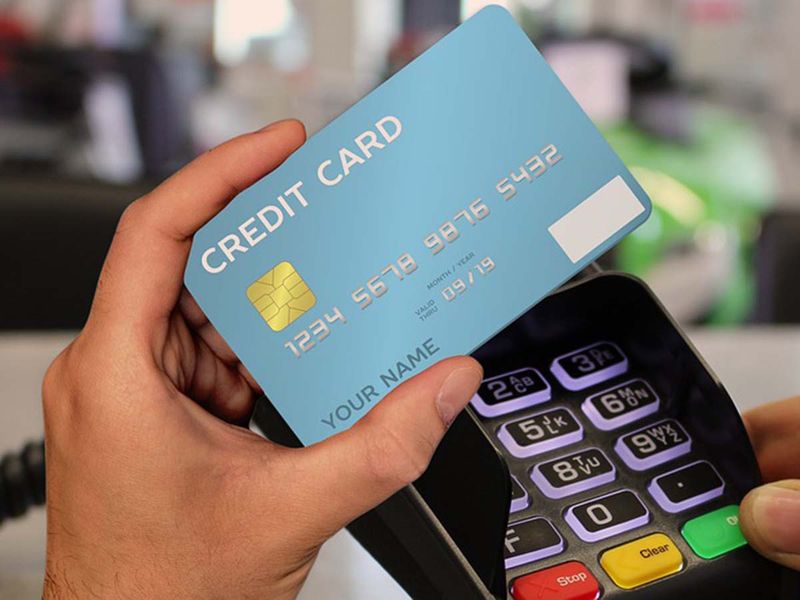Your credit report is much like a report card that determines your creditworthiness, potential lenders will often judge your status based on it. Your credit report enables them to determine the likelihood of you repaying your debts. Therefore, it’s imperative that your credit report is accurate and up-to-date. Any errors on your credit report can negatively affect your credit score. Here’s all you need to know about disputing the errors on your credit report.

Step 1: Request a Copy
You are entitled to one free credit report per year from each of the three credit bureaus: Experian, TransUnion, and Equifax. Request a copy of your report from each bureau, and review it closely. Look for any incorrect information, including misspellings, outdated information, and any unfamiliar accounts or charges.
Step 2: Gather Evidence
Gathering evidence to dispute the error is essential. Ensure that you have any supporting documents to back up your claim, such as receipts, bank statements, or canceled checks. Keep all of your documents organized and labeled so that you can easily present them.
Step 3: Dispute Errors with the Credit Bureaus
First, contact the credit bureau reporting the incorrect information. Dispute the error, and provide evidence to prove your claim. The bureau has 30 days to investigate your claim, and they will notify you of their decision and any changes made.

Step 4: Dispute Errors with the Creditor
If the bureau fails to correct the error, or you see discrepancies on multiple reports, you should also contact the creditor that reported inaccurate information. Explain the mistake and provide any additional evidence you have gathered. They have 30 days to investigate your claim and reply to you.
Step 5: Review Your Credit Report
Once changes are made, review your credit report to ensure the corrections were made. If the error persists, you may need to file a complaint with the Consumer Financial Protection Bureau.
You’re responsible for ensuring the accuracy of your credit report. Reporting errors on your credit report requires persistence and organization, but it’s an essential step towards achieving a healthy credit score, which will open doors to many financial opportunities. Always remember to review your credit report periodically and dispute any errors promptly.











